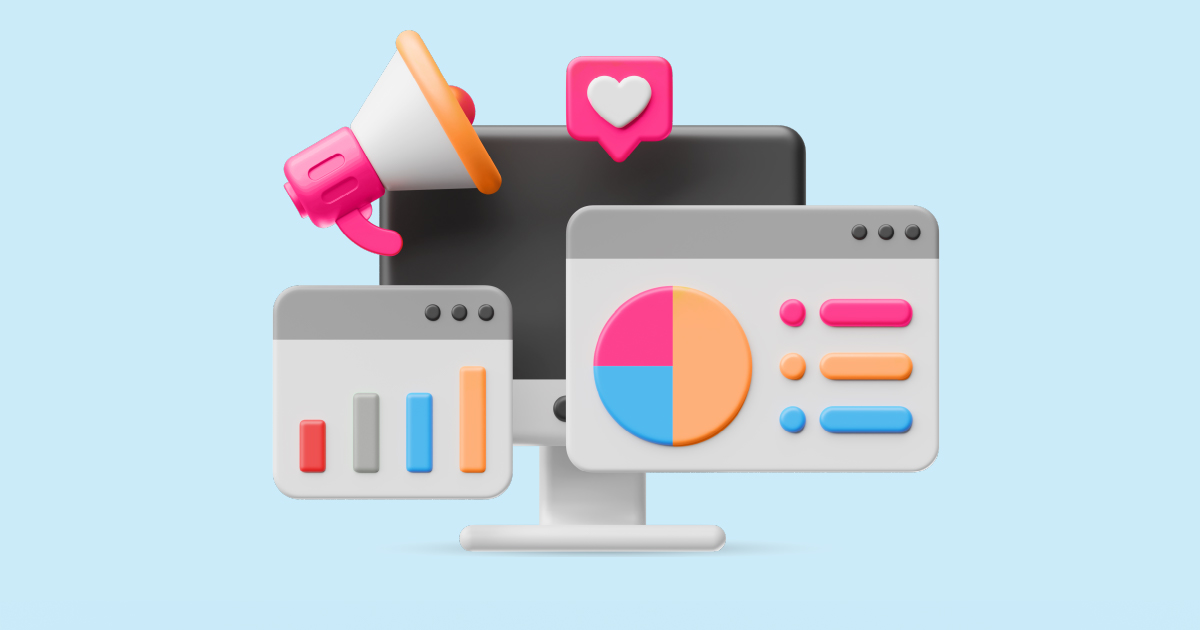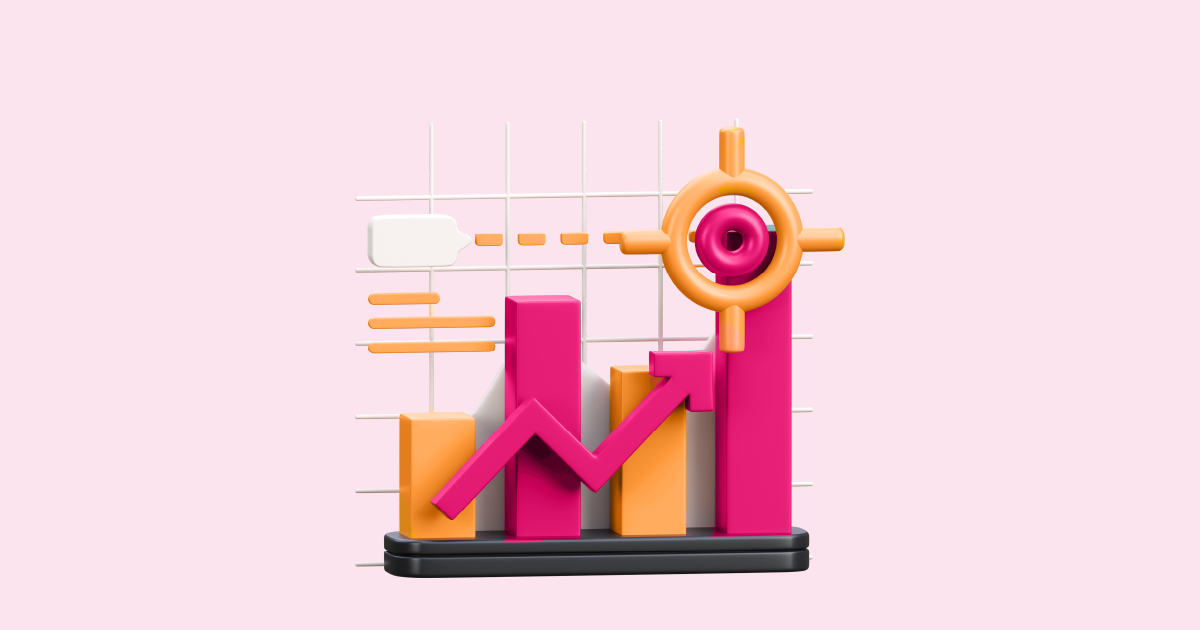In the fast-paced world of digital marketing, staying ahead of the game means knowing exactly what’s happening on social media. Imagine trying to navigate a ship without a compass—that’s what running a business without social media tracking feels like! Whether you’re a startup or a well-established brand, tracking your online presence is critical to growing your audience, managing your brand’s reputation, and staying competitive. But how exactly do social media tracking tools help? These tools have evolved from simple likes-and-comments counters to sophisticated software that analyzes user sentiment, tracks engagement, and even compares your performance to your competitors. Let’s dive into the world of social media tracking tools and discover how they can transform your online strategy.
What Are Social Media Tracking Tools?
![]()
Social media tracking tools are platforms or software designed to monitor and analyze activity on various social media channels. They collect data on user interactions—such as comments, likes, shares, and mentions—and provide insights into audience behavior, brand sentiment, and campaign performance.
For businesses, social media tracking tools are essential. Without them, it’s almost impossible to measure how well your social media marketing efforts are performing, and you risk missing out on key trends that could impact your brand.
Key Features
Let’s look at some of the main features that make these tools so powerful:
- Real-time Monitoring: Track brand mentions, hashtags, and keywords as they happen.
- Sentiment Analysis: Understand whether your audience’s perception of your brand is positive, neutral, or negative.
- Hashtag Tracking: Monitor the performance and reach of specific hashtags.
- Competitor Analysis: See how your competitors are performing on social media and where you can outperform them.
- Audience Insights: Get detailed demographic and behavioral data on your followers.
Benefits
Why should you invest in social media tracking platforms? Let’s explore the benefits:
- Improved Brand Awareness: Understand what content resonates most with your audience to enhance your online visibility.
- Crisis Management: Spot potential PR disasters before they escalate by tracking negative mentions and reacting swiftly.
- Enhanced Customer Engagement: Get direct insights into customer feedback, allowing you to engage more effectively with your audience.
- Data-Driven Decisions: Use analytics to make informed decisions and refine your marketing strategy.
How Social Media Tracking Works
Social media tracking platforms operate by collecting data from various social media platforms and then analyzing that data to provide actionable insights. The process typically involves:
- Data Collection: Aggregating interactions from platforms like Facebook, Twitter, Instagram, LinkedIn, etc.
- Analysis and Reporting: Breaking down the data into understandable reports that highlight key metrics such as engagement, sentiment, and reach.
- Application in Marketing Strategies: Using these insights to fine-tune content strategies, improve customer interactions, and track the effectiveness of campaigns.
Popular Social Media Tracking Tools
There are many social media tracking tools available, each with its unique features. Here are a few of the top options:
- Hootsuite: Known for its social scheduling features and analytics.
- Sprout Social: Offers comprehensive reports and team collaboration features.
- AIM Insights: A powerful tool for tracking brand mentions and sentiment analysis.
- Mention: Great for real-time monitoring and media coverage alerts.
- Buffer: Focuses on social media management and reporting.
Choosing the Right Social Media Tracking Tool
Not all tracking tools are created equal. When selecting one, consider the following factors:
- Identifying Business Needs: Does your business need basic monitoring or in-depth analytics?
- Budget Considerations: Look for tools that offer value for your money.
- Integration with Other Tools: Ensure the tool works well with other software you use.
- User Experience and Support: Consider how easy the tool is to use and what kind of support is available.
How to Effectively Use Social Media Tracking Tools
To get the most out of your social media tracking tools:
- Set Clear Goals: Define what you want to achieve—whether it’s increased engagement, better customer service, or improved brand awareness.
- Monitor the Right Metrics: Focus on the data that matters most to your goals, such as engagement rates, sentiment analysis, or follower growth.
- Adjust Strategies Based on Insights: Use the data to tweak your social media strategies for better results.
Common Challenges
Even with the best tools, challenges can arise, such as:
- Handling Overwhelming Data: Too much data can make it hard to focus on what’s important. Filter the noise by setting priorities.
- Keeping Up with Platform Changes: Social media platforms constantly update their algorithms, which can affect your tracking.
- Data Privacy Concerns: Ensure you are compliant with privacy regulations while using social media tracking tools.
Future Trends
As technology advances, so do the capabilities of social media tracking tools. Future trends to watch include:
- AI and Machine Learning Integration: Predictive analytics will become more prevalent, helping brands anticipate trends.
- Real-time Customer Feedback Loops: Brands will be able to respond to customer feedback instantly.
Conclusion
Social media tracking tools are no longer a luxury—they’re a necessity for any business looking to succeed online. By tracking your brand’s performance, engaging with customers, and staying ahead of competitors, you can leverage the full power of social media to grow your business. To see how social media tracking can transform your business strategy, request a demo from AIM Technologies today. Discover how real-time insights can help you make data-driven decisions and stay ahead of the competition!
FAQs
- What is the best free social media tracking tool?
Several tools offer free versions, such as Hootsuite and Buffer. They may have limitations but are excellent for small businesses or individuals. - How often should I check my social media tracking data?
It’s best to check daily or weekly to stay updated on trends and adjust your strategies accordingly. - Can social media tracking tools measure ROI?
Yes! Most tools offer ROI tracking features, showing how your social media efforts contribute to your bottom line. - Are there privacy concerns with social media tracking?
Yes, it’s important to comply with privacy laws like GDPR when using tracking tools to ensure user data is protected. - How can small businesses benefit from social media tracking?
Small businesses can use these tools to monitor customer feedback, track brand mentions, and stay competitive in their industry.



